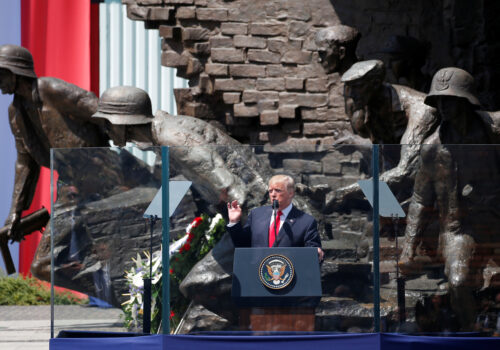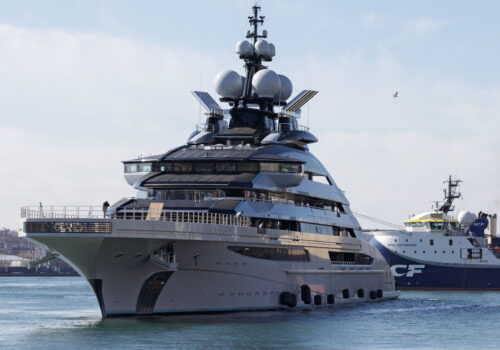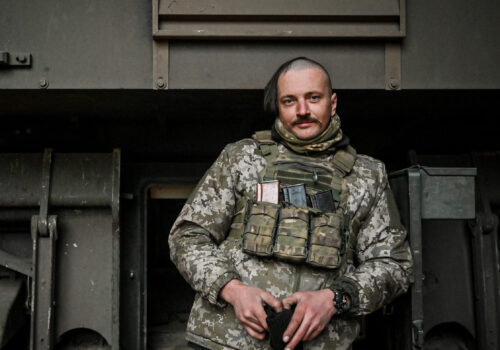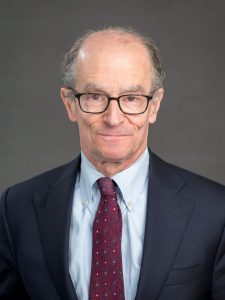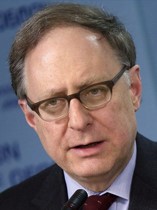Russia has now amassed over 130,000 troops, and the United States estimated on February 6 that Russia reached 70 percent of troops needed to launch an invasion of Ukraine. Now, with warnings of a potential attack the week of February 14 and reports of a false-flag operation to justify a Russian invasion, what are the prospects for avoiding a major, new Kremlin offensive against Ukraine? French President Emmanuel Macron’s recent visits to Moscow and Kyiv yielded no visible results; neither did US President Joe Biden’s February 12 call with Russian President Vladimir Putin. Now, there are reports about Russian forces engaging in a partial withdrawal, which NATO Secretary Jens Stoltenberg cautioned must be confirmed first. It seems that there might still be a diplomatic path that can avoid war, but what areas remain where Russia, Ukraine, and the West are able to come to an agreement?
Ambassador John Herbst, senior director of the Atlantic Council’s Eurasia Center, moderates a discussion with Dr. Hannah Shelest, director of security programs at the Foreign Policy Council “Ukrainian Prism” and editor-in-chief at Ukraine Analytica, Dr. Pavel Felgenhauer, defense analyst and columnist with Novaya Gazeta in Moscow, Dr. Harlan Ullman, senior advisor at the Atlantic Council, Ambassador Daniel Fried, Weiser Family Distinguished Fellow at the Atlantic Council, and Ambassador Alexander Vershbow, distinguished fellow at the Atlantic Council’s Eurasia Center and Scowcroft Center for Strategy and Security, on any final attempts Ukraine and the West can make to prevent what could become the biggest war in Europe since 1945.
issue spotlight

Europe in crisis
War in Ukraine
Experts from across the Atlantic Council are assessing the consequences of Russia’s February 2022 invasion, including what it means for Ukraine’s sovereignty, Europe’s security, and the United States’ leadership.

The Eurasia Center’s mission is to promote policies that strengthen stability, democratic values, and prosperity in Eurasia, from Eastern Europe in the West to the Caucasus, Russia, and Central Asia in the East.
